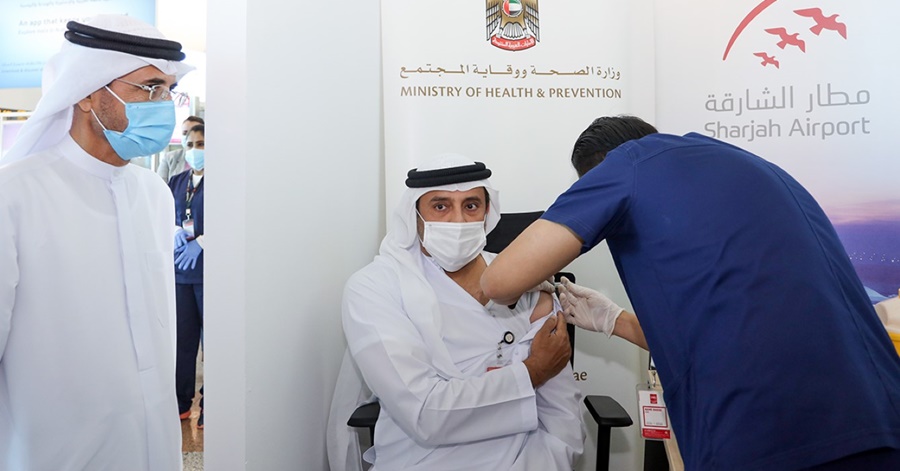Now that some governments, including the UAE, have rolled out their COVID-19 vaccination programs as others are still preparing to follow suit, many people are wondering what the implications of getting the vaccine to their lifestyles and daily routines will be.
In this guide, we share some of the top considerations after getting inoculated with the COVID-19 vaccine. Be sure to read until the end, especially if you’re planning to get the vaccine anytime soon.

What Are The Do’s and Don’ts After Getting the COVID-19 Vaccination?
As recommended by the experts interviewed by the National, listed below are the key do’s and don’ts linked to the COVID-19 vaccine.
DO’S:
- Do get vaccinated, even if you’ve contracted COVID in the past.
While experts believe that people who have had a previous coronavirus infection may be less likely to become ill from COVID-19 again because they have developed immunity, they should still be vaccinated. This is also to ensure those who have had false-positive COVID-19 test results will develop immunity against the virus, thereby enhancing the level of protection provided to communities.
In the UAE, people who have had Covid-19 must wait a month after recovering before taking an antibody test.
If they still have immunity against the virus, they may opt not to be immunized again.
- Do outline all your pre-existing conditions and current medications before receiving the vaccine.
The coronavirus vaccines underwent through large –scale clinical trials to ensure their safety and efficacy, as well as to limit the risk of their side effects.
And while vaccination is not mandatory as per the UAE government, it is considered of significant importance for people with serious medical conditions, because they may be more vulnerable should they become infected.
However, people who have had severe allergic reactions to vaccines in the past should mention this before getting a coronavirus shot. In some countries, this may affect which vaccine is given.
- Do seek medical help if you develop side effects.
As per the advice of the British government, which was one of the first countries to roll out the vaccination campaign to the public, people can carry on with normal activities after being vaccinated if they do not experience anything out of the ordinary.
DON’TS
- Do not drink alcohol to an excess – or at all.
While consuming alcohol at about the time of vaccination is not entirely dangerous, several medical experts cautioned against it nonetheless.
In the UAE, residents are advised not to drink alcohol for at least four days after their first and second shots. Some even advise laying off from any alcoholic drink for at least a week. This is because there is no guaranteed protection in the first couple of weeks after the vaccination.
Dr. Alexander Gintsburg, director of the Gamaleya National Centre of Epidemiology and Microbiology in Moscow, where the Sputnik V vaccine was developed, advised people to “refrain from alcohol for three days after each injection, which applies to all vaccines.”
Gintsburg noted that alcohol, especially heavy drinking, has the ability to suppress the immune response in the body.
- Do not take certain medications in conjunction with the vaccine.
As with the case with other drugs, vaccines, too, must not be given while someone is receiving certain types of medical treatment.
For example, a rheumatoid arthritis treatment called rituximab acts as an immunosuppressant and may make vaccines less effective.
- Do not let your guard down as to the spread of COVID-19.
And most importantly, despite getting the vaccine, people are still encouraged to wash their hands regularly, practice physical distancing, wear a mask, and take other precautions to prevent the spread of the virus.
“After having the vaccine, the first thing to know is that you are not protected at all for the first couple of weeks,” said Prof Paul Hunter, an infectious diseases specialist, and professor of medicine at the University of East Anglia in the UK.
In line with this, people should keep in mind that no vaccine is 100% effective. Thus, even those who have had both doses of any of the vaccines may still be at risk of becoming ill.
While there is considerably a lesser risk for people to become infected by the coronavirus after taking the vaccine, there is still some risk involved. By taking note, and more importantly, adhering to the do’s and don’ts listed above, you can better equip yourself with the right knowledge to protect yourself as well as your family against the virus, which is also developing as time goes by.
READ NEXT: Mandatory COVID-19 Tests Every 7 Days for More Employees in UAE